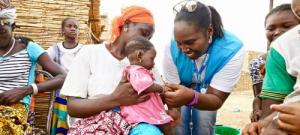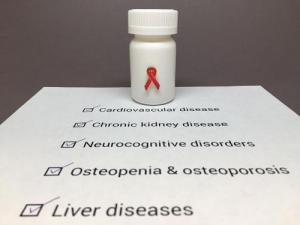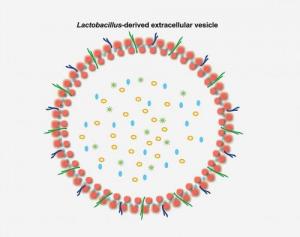CDC Releases First National Estimates on Diabetes within Hispanic and Asian Populations in the US
In a study, CDC researchers examined the percentage of people living with diagnosed and undiagnosed diabetes in Hispanic and non-Hispanic Asian subpopulations. The data fill a national surveillance gap in Hispanic and Asian populations in the United...
Drop in cholera cases worldwide, as key endemic countries report gains in cholera control
The number of cholera cases decreased globally by 60% in 2018, the World Health Organization (WHO) announced in a report that points to an encouragingtrend in cholera prevention and control in the world’s major cholera hotspots, including Haiti,...
WHO launches new report on global tobacco use trends
For the first time, the World Health Organization projects that the number of males using tobacco is on the decline, indicating a powerful shift in the global tobacco epidemic. The findings, published on Dec.19 in a new WHO report, demonstrate how...
Many pregnant women with HIV prescribed treatment that does not meet federal guidelines
More than 20% of pregnant women beginning anti-HIV treatment were prescribed an antiretroviral treatment that did not meet federal guidelines for use during pregnancy, according to an analysis funded by the National Institutes of Health.
NIH researchers discover new autoinflammatory disease and uncover its biological cause
Over the last 20 years, three families have been unsuspectingly linked by an unknown illness. Researchers at the National Human Genome Research Institute (NHGRI), part of the National Institutes of Health, and other organizations have now identified...
One third of poorer countries face both undernutrition and obesity: WHO report

Fries with cheese: an example of unhealthy food.
Universal Health Coverage will ‘drive progress’ on 2030 Development Agenda

An aid worker from the UN refugee agency attends to a baby at a UN-supported health center in...
Efforts to end the HIV epidemic must not ignore people already living with HIV

People living with HIV have an increased risk of developing numerous other conditions, even when HIV is treated with...
Vesicles released by bacteria may reduce the spread of HIV in human tissue

Diagram of a bacterial vesicle. Courtesy of the Section on Intercellular Interactions
WHO gets new advice on curbing deadly noncommunicable diseases
World leaders and health experts, on Dec.10, handed 8 recommendations to WHO’s Director-General, Dr Tedros Adhanom Ghebreyesus, that could save millions of lives and promote mental health. The WHO Independent High-level Commission on noncommunicable...









